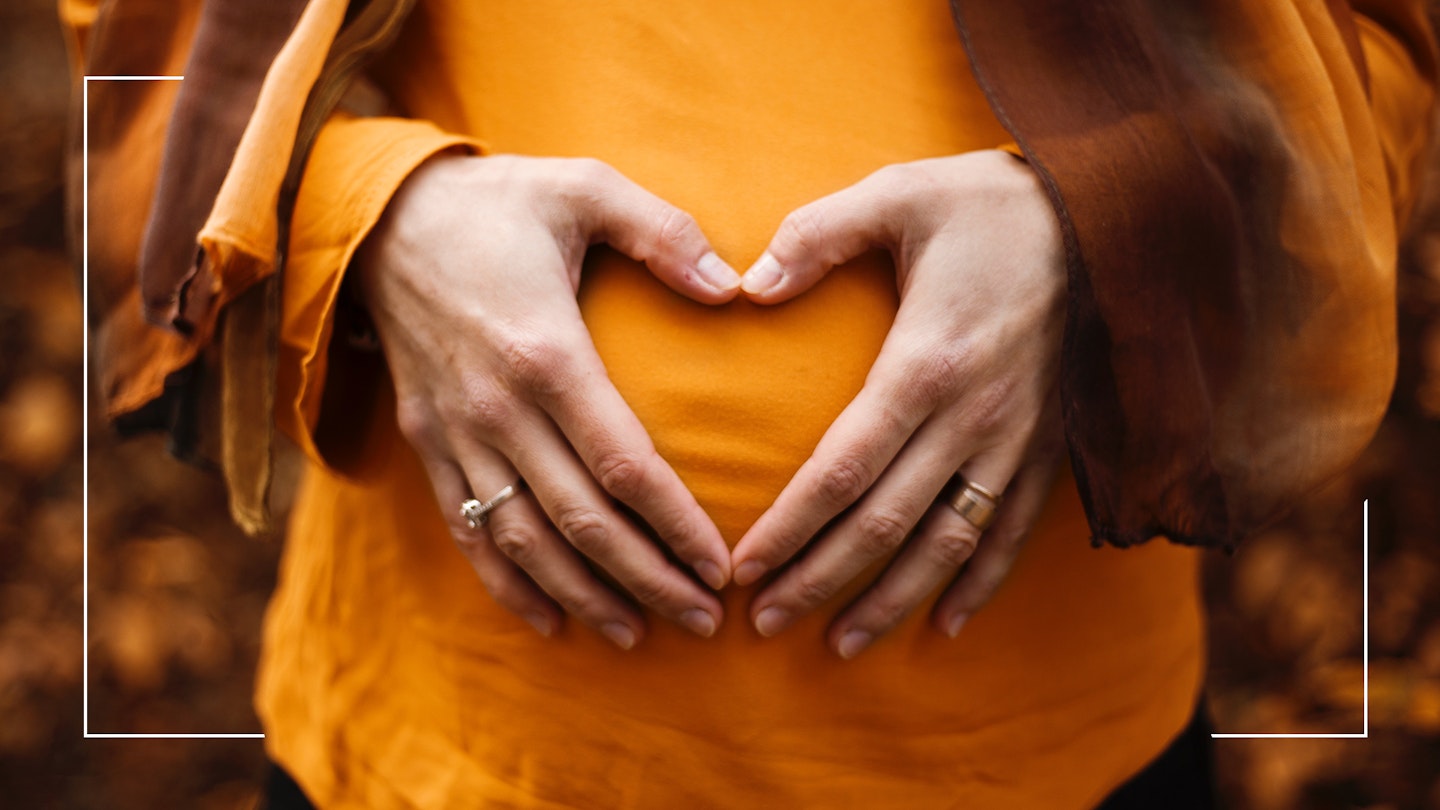It really is unbelievable what the human body can do, and there’s no greater example of this than pregnancy. It’s called the 'Miracle of Life' because it really is miraculous.
While we love that special glow that some women get, there are lots of things that happen to your body during pregnancy that aren’t so enjoyable, and haemorrhoids can be one of them.
So, what actually are haemorrhoids?
Also known as piles, haemorrhoids are internal and external swollen blood vessels in your bottom. While they can happen to anyone at any time, they’re a fairly common side effect of pregnancy, with around 35% of expectant mothers experiencing them, particularly during the third trimester. So, if you’re experiencing piles when pregnant, know that you’re not alone.
In those final months of pregnancy, progesterone (aka the pregnancy hormone) starts to get your body ready for birth, causing the walls of your blood vessels to relax and swell up. Plus, as your baby grows and uterus gets bigger, the weight can add pressure to other parts of your body – including your bottom – and thus causing haemorrhoids.
So, you see, they’re a perfectly normal part of your pregnancy experience, and nothing to be embarrassed about. And while they’re uncomfortable, they’re generally not harmful to you or your baby, and can be treated quite quickly and easily.
That’s where Germoloids comes in.
What are the symptoms of haemorrhoids?
You can experience both internal and external piles.
With internal ones, you may not notice them unless they bleed or prolapse.
External haemorrhoids appear closer to the surface of the bottom, which makes them more noticeable, more painful, and often quite itchy. These can feel like small, sensitive lumps around the anus, but there are other symptoms you can look out for too:
• Bright red blood after a bowel movement
• An itchy bottom (anus)
• The feeling of still needing to go to the toilet
• Mucus on underwear or after wiping
• Lumps or pain around the anus.
If you’re experiencing anything like this, it’s time to tackle the problem, efficiently and effectively.
How to treat haemorrhoids quickly and easily
When you’ve got so much to think about for the remainder of your pregnancy, the last thing you want to worry over is haemorrhoids. There are many options for piles treatment. Over-the-counter medicines are an easy way to get effective pain relief, soothe the symptoms, and reduce the swelling.
Germoloids Cream, Ointment, and Suppositories are suitable to use during pregnancy and breastfeeding* and have been formulated with a local anaesthetic to provide numbing relief from the unpleasant symptoms of haemorrhoids.
All Germoloids products also have astringent and antiseptic properties, which helps to protect sore and sensitive skin from infection.
It’s always best to speak to your doctor, midwife, or pharmacist for advice before using medicines during pregnancy as they’ll be able to guide you further if you have any questions. There’s no need to worry or feel embarrassed talking about haemorrhoids, they really are very common and healthcare professionals are used to talking about them.
*Medicines can affect the unborn baby. Always talk to your doctor or pharmacist before taking any medicine in pregnancy.
Germoloids® Cream, Ointment, Suppositories. Always read the label
